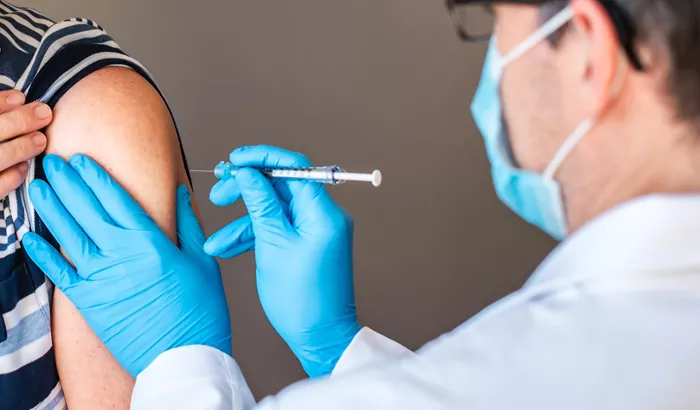Recent studies suggest the shingles vaccine does more than prevent the painful rash—it may also lower the risk of dementia and heart disease.
Two new research reports show that people who get the shingles vaccine are less likely to develop cognitive decline and major heart problems. Experts say this may be because the vaccine helps reduce inflammation caused by the virus.
Vaccine Linked to Lower Dementia Risk
One study published in JAMA tracked over 101,000 Australians for more than seven years. It found that those eligible for a free shingles vaccine called Zostavax had a 1.8% lower chance of being diagnosed with dementia compared to those who weren’t eligible.
“This is the first evidence suggesting that shingles vaccination can help prevent dementia,” said Dr. Pascal Geldsetzer from Stanford University. He added the vaccine’s protective effect was larger than many current dementia drugs.
The herpes zoster virus, which causes shingles, can stay hidden in nerves for years. It may trigger inflammation and nerve damage in the brain, raising dementia risk. Preventing this infection might reduce those harmful effects.
Shingles Vaccine May Also Guard Against Heart Problems
A second study, from South Korea and published in the European Heart Journal, analyzed data from 2.2 million adults. It found that those who received the Zostavax vaccine had:
- 23% lower risk of major heart events like heart attacks and heart failure
- 26% lower risk of stroke and heart-related death
- 22% lower risk of coronary heart disease
The protective effect was strongest two to three years after vaccination and lasted up to eight years. The benefits were especially noticeable in men under 60, people with unhealthy lifestyles, and those living in rural or low-income areas.
Researchers believe the vaccine reduces inflammation and blood clot formation linked to shingles, which can otherwise harm the heart.
Who Should Get the Shingles Vaccine?
Shingles happens when the chickenpox virus, dormant in the body, reactivates later in life. It causes a painful rash, usually on one side of the body. The risk increases with age, especially after 50, and in people with weakened immune systems.
Health authorities recommend adults over 50 and immunocompromised adults get the shingles vaccine. The currently recommended vaccine in the U.S. is Shingrix, which is different from the Zostavax shot used in these studies. Shingrix does not contain a live virus and is more effective.
Though the studies focused on Zostavax, experts think Shingrix may offer similar or even better protection for the brain and heart.
Experts’ Take
“Vaccines can have wider effects on the immune system beyond just preventing one illness,” said Dr. Geldsetzer. “This could help protect against other diseases too.”
Dr. Richard Martinello from Yale agrees, noting that stopping shingles infections might help reduce risks of both dementia and heart disease.


